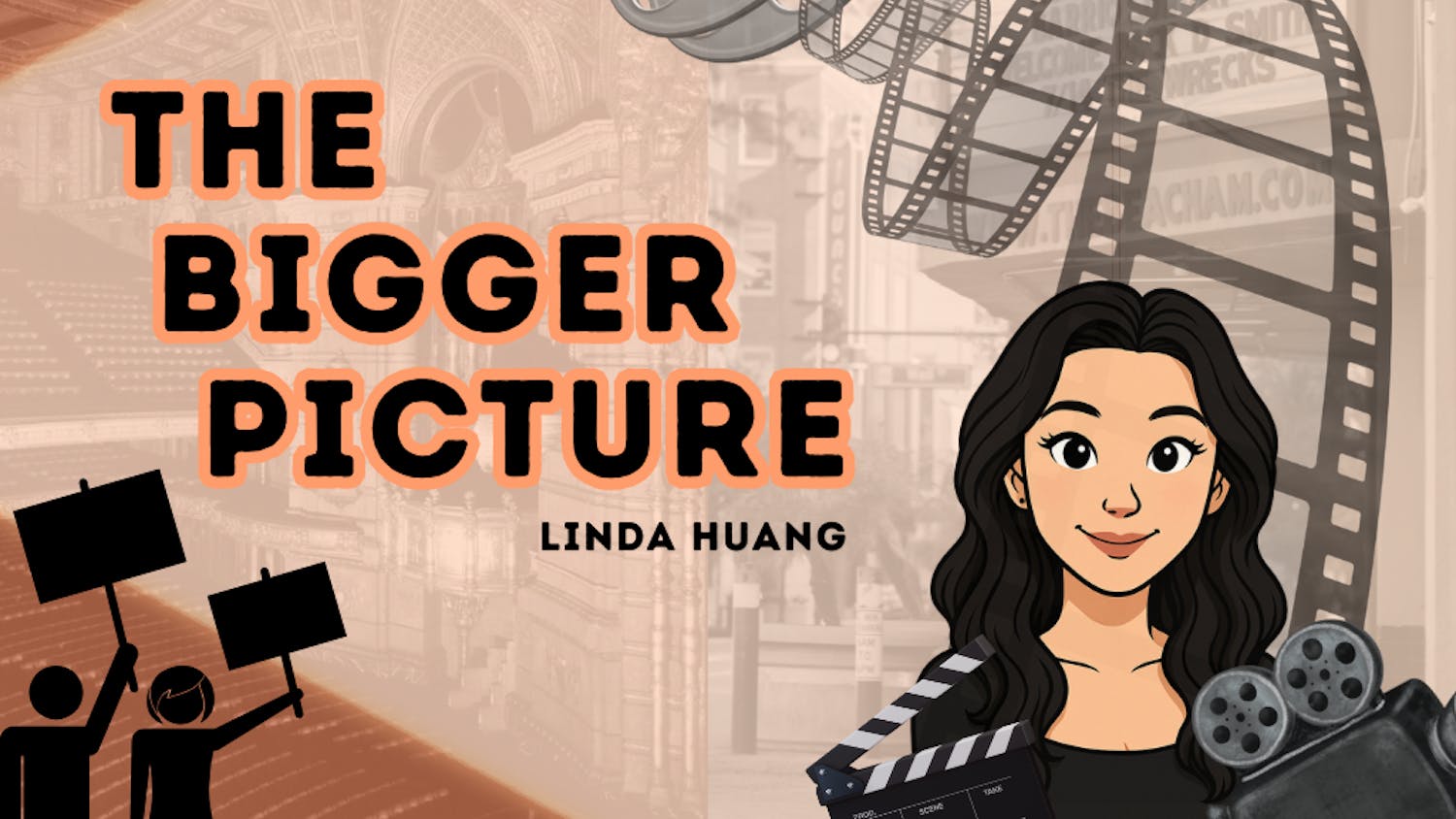Rewatchability is one of the more important differentiators I use in evaluating films. “Good Will Hunting” (1997) certainly fits into that “rewatchable” category. Its basic premise is well-known: a “wicked smart” janitor at the Massachusetts Institute of Technology gets recognized for solving complicated math problems on a chalkboard. But what makes the film eternal is how it is able to explore the themes of mental health and love in a light-hearted yet profound way.
The film immediately exhibits the complexity of the main character, Will Hunting (Matt Damon). We see him solving graduate-level math problems in one scene, and in another, we see him in a brawl with one of his bullies from kindergarten, which leads to his arrest. The juxtaposition of that inner rage and his intelligence is a key theme throughout, and it becomes even more apparent in the scenes that follow. Eventually, Will is released from prison with the help of Professor Lambeau (Stellan Skarsgård) — who had taken a notice to the brilliant janitor — under the condition that he both works on challenging mathematical proofs with the professor and sees a therapist on a weekly basis.
While his counseling sessions with therapist Sean Maguire (Robin Williams) get off to a rocky start, the ebbs and flows of their relationship take center stage from there on out. While patient-doctor relationships are typically one-sided, both men benefit from challenging each other’s philosophies and actions.
Love becomes a frequent topic of discussion in their meetings. One scene that stands out is a session where Will mentions he had gone on a date but had not called the girl back, even though the two had hit it off. His reasoning is that the girl, Skylar, was still perfect to him at that moment and he did not want to ruin that, to which Sean points out: “I think that's a super philosophy, Will. That way you can go through your entire life without ever having to really know anybody.” Sean’s retort is exactly the advice Will needs to hear — if he wants to become intimate with someone, he will have to put himself out there.
The following meeting, the two discuss love again, except this time they focus on Sean’s experience with his now-deceased wife. In describing the moment when he knew his wife was “the one,” Sean tells a story of how he chose to spend the night getting to know her instead of attending game six of the 1975 World Series with his friends — a famous night in Boston Red Sox history. Will cannot believe that he missed it. But, as Sean explains, love is much more important than a “damn game.”
Do not worry, I will not spoil the ending for those who have not seen it. All I will say is that the main reason “Good Will Hunting” resonates with me and is so rewatchable is because it shows how we all must allow ourselves to be vulnerable with the people we care for to feel fulfilled in life.
Oldies But Goodies: 'Good Will Hunting'






